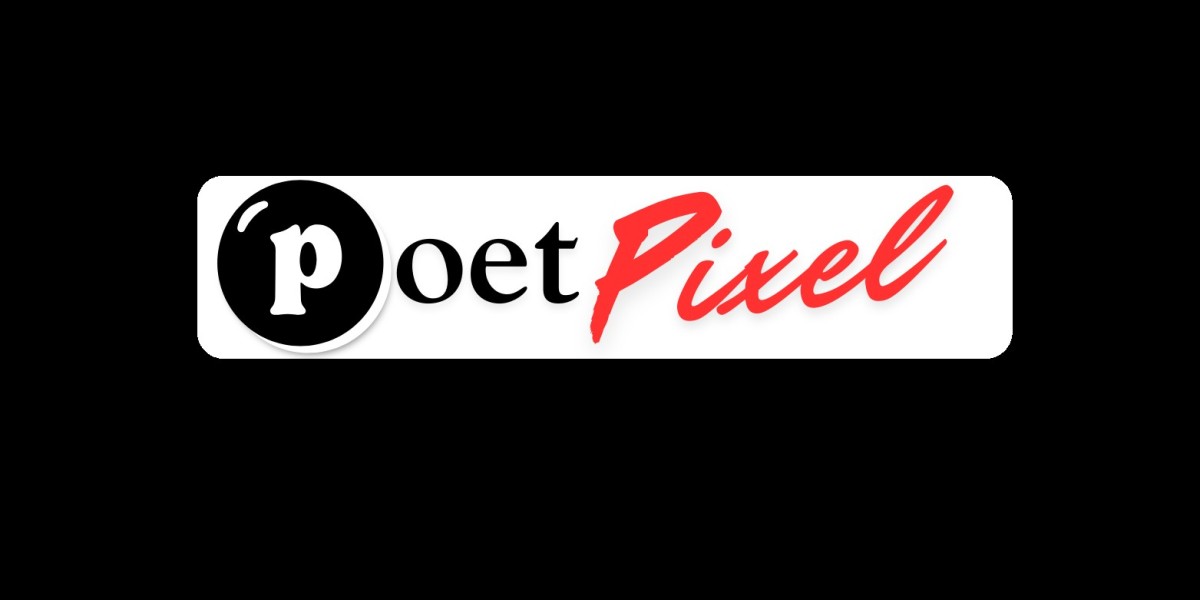Mental Health Assessment Tools for Clinicians
Mental health assessments are a crucial part of psychiatry and psychology, ensuring that practitioners can successfully identify and deal with numerous mental health conditions. These assessments differ in style and substance, from structured interviews to standardized questionnaires, and play a necessary function in understanding a patient's psychological wellness. This short article checks out different mental health assessment tools available for clinicians, detailing their purpose, application, and effectiveness, while likewise attending to regularly asked questions about the assessment process.
Overview of Mental Health Assessment Tools
mental health assessment tools For clinicians health assessment tools can be broadly categorized into 2 classifications: clinical interviews and standardized assessment instruments.
Clinical Interviews
Clinical interviews are usually disorganized or semi-structured discussions in between the clinician and the client. They focus on gathering info about the client's history, signs, and emotions. Here are some crucial points concerning clinical interviews:
- Unstructured Interviews: These are informal conversations that allow clients the flexibility to express themselves without a stringent format. The clinician might guide the discussion based upon the client's reactions however can explore numerous topics as they arise.
- Structured Interviews: In these, clinicians follow a set series of questions to ensure consistency and comprehensiveness across various clients. Structured Clinical Interview for DSM-5 (SCID-5) is a common example.
Standardized Assessment Instruments
These tools include questionnaires and rating scales created to quantitatively evaluate mental health conditions. They are important since they offer objective data that can guide diagnosis and treatment. Below are a couple of notable standardized assessment instruments utilized by clinicians:
- Beck Depression Inventory (BDI): A self-report questionnaire that examines the seriousness of depression.
- Generalized Anxiety Disorder 7-item Scale (GAD-7): A self-administered tool for determining anxiety levels.
- Patient Health Questionnaire-9 (PHQ-9): A screening tool that assesses depression intensity by asking patients about their mood and functional impairment.
- Hamilton Rating Scale for Depression (HAM-D): A clinician-administered assessment for examining depressive signs.
- Mini-Mental State Examination (MMSE): A quick 30-point questionnaire that examines various cognitive functions including arithmetic, memory, and orientation.
- Montreal Cognitive Assessment (MoCA): Designed to examine mild cognitive dysfunction, it is a rapid screening tool.
Table: Key Mental Health Assessment Tools
| Tool | Function | Format | Administration |
|---|---|---|---|
| Beck Depression Inventory (BDI) | Measures seriousness of depression | Self-report | Self-administered |
| GAD-7 | Procedures anxiety levels | Self-report | Self-administered |
| PHQ-9 | Screens for depression | Self-report | Self-administered |
| HAM-D | Evaluates depressive signs | Clinical | Clinician-administered |
| MMSE | Examines cognitive functions | Clinical | Clinician-administered |
| MoCA | Screens for moderate cognitive dysfunction | Clinical | Clinician-administered |
Benefits of Using Mental Health Assessment Tools
Utilizing mental health assessment tools brings many benefits to both clinicians and patients. Some of these consist of:

- Improved Accuracy: Standardized assessments help lessen bias in diagnosis and improve the precision of recognizing mental health disorders.
- Developing Baselines: Assessment tools provide standard information that can be used to track the patient's development with time.
- Facilitating Treatment Planning: Results from assessments assist clinicians in developing tailored treatment plans based upon unbiased information.
- Engaging Patients: Many standardized tools are developed to be user-friendly, making it much easier for clients to participate in their assessment process.
Obstacles and Limitations
While mental health assessment tools offer lots of advantages, they likewise face particular constraints:
- Cultural Sensitivity: Some assessment tools might not be suitable for all cultural contexts, resulting in misinterpretations of mental health signs.
- Subjectivity: Self-report tools greatly depend on patients' self-knowledge and openness, which can cause disparities in reporting.
- Over-reliance: There might be a tendency for clinicians to depend solely on standardized tools, possibly overlooking nuanced clinical judgments that arise from client interactions.
Frequently asked questions
1. What is the value of mental health assessments?
Mental health assessments are crucial for the accurate diagnosis and treatment of mental health conditions, allowing clinicians to understand a patient's distinct history, signs, and treatment needs.
2. How often should mental health assessments be conducted?
The frequency of assessments can depend upon the private patient's needs, severity of signs, and changes in clinical conditions. Regular assessments can help track progress and notify treatment adjustments.
3. Are mental health assessment tools ideal for all age groups?
Many mental health assessment tools are developed for specific age, though there are likewise instruments readily available for children and teenagers. Clinicians ought to choose tools appropriate for their patient market.
4. How can patients prepare for a mental health assessment?
Clients can prepare by assessing their thoughts and sensations, considering their personal history, and being ready to discuss their symptoms honestly with clinicians.
5. Can mental health assessments anticipate future mental health concerns?
While assessments can provide insights into current issues and dangers, they can not definitively predict future mental health conditions. They do, however, aid in determining clients who may be at risk and require closer monitoring.
Mental health assessment tools are essential for clinicians striving to provide accurate medical diagnoses and effective treatment strategies. From clinical interviews to standardized instruments, these tools serve to cultivate a comprehensive understanding of a patient's mental health. While they include difficulties, their benefits in promoting accurate and understanding mental health care are unmistakable. For best practices, clinicians ought to combine various assessment techniques to ensure a holistic understanding of the client's needs, therefore boosting the total therapeutic experience.


